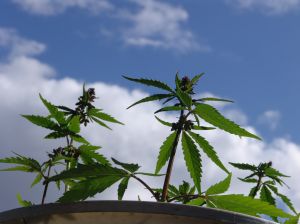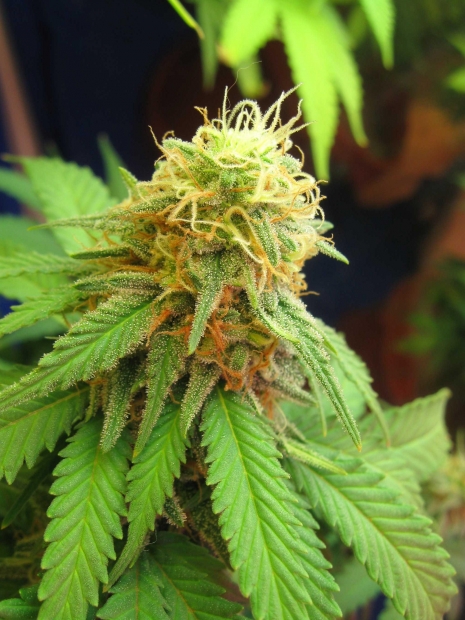In the last 75 years, national attitudes regarding marijuana have swung wildly from one direction to the other.

First, there was the “Reefer Madness” paranoia. Then there were the excesses of the Woodstock-era, which then swung back again to the 1980s hard-line, zero-tolerance policy of the Reagan-era “Just Say No” campaign.
In the quarter century since, we’ve had one President who insisted he didn’t inhale, and then another who responded there was no question he did, as “that was the point.”
Today, our Los Angeles marijuana arrest lawyers know that we’re at an interesting crossroads with regard to where we stand as a country on the issue of acceptance of this substance both as legitimate medicine and as relatively harmless recreational indulgence when used responsibly.
Right now, the vast majority of the country believes marijuana should be legal and accessible, at the very least for medicinal purposes. We have states that are willing to approve the drug in direct defiance of federal prohibition, and we have a federal government that is not only cracking down on patients, dispensaries and pro-marijuana policy makers, but hindering further research into the potential medical benefits of the drug.
In all, 18 states as well as the District of Columbia have legalized marijuana as medicine since California became the first in 1996. Last year, Colorado and Washington state became the first to legalize the drug for recreational purposes. Alaska is probably going to do the same next year and there are several other states mulling similar measures for the 2016 vote.
A spokesman for the Marijuana Policy Project was recently quoted as saying that it’s expected following the 2016 elections that at least 7 states will have approved laws legalizing marijuana and regulating it similarly to alcohol.
All of this is moving ahead rather rapidly, and yet, in Washington D.C., very few lawmakers seem to express any interest whatsoever in addressing the legal conflicts.
We know the U.S. Department of Justice has said it is reviewing the issue of legalization in Washington and Colorado and has repeatedly promised a response “soon.” Obama has said he doesn’t plan to prioritize prosecution of drug users or providers in states where it’s legal. But he stopped short of saying the government won’t take any action.
Yet the government continues to dog medical marijuana providers who offer their services to patients who are chronically and terminally ill with conditions like AIDS and cancer. In more than a few cases, dispensary owners have been hauled off to federal prison and sentenced to decades behind bars for drug trafficking – despite the fact that their actions were perfectly legal per state law.
Storefront dispensaries continue to be the subject of federal authority harassment.
Some anticipate Obama is going to duck this issue just as long as he possibly can, with the strategy that he doesn’t want to alienate younger, more liberal voters, but he may risk outraging the right were he to take any definitive, pro-marijuana action.
Many say this head-in-the-sand approach gets us nowhere. Marijuana is not going away. The last 75 years have proven as much. The best way to ensure that we don’t cede control of the substance to the criminal black market, where it may become readily available for teen use, is to establish a well-regulated system.
Now is the time to act.
Continue reading

 Cannabis Law Group's Medical Marijuana Legal Blog
Cannabis Law Group's Medical Marijuana Legal Blog









